 That was a pretty interesting follow-up, I have to say. Migi to Dari is entertaining on a surface level – genuinely funny and creepy both – but it’s also got quite a fascinating inscrutability to it. Is the whole Japanese horror thing being played completely for satire? I was thinking that way after the premiere, when it seemed to me that the boys were possessed of nothing more sinister than an overactive imagination. But there was enough obfuscation in this second episode to make me doubt myself, at least a little.
That was a pretty interesting follow-up, I have to say. Migi to Dari is entertaining on a surface level – genuinely funny and creepy both – but it’s also got quite a fascinating inscrutability to it. Is the whole Japanese horror thing being played completely for satire? I was thinking that way after the premiere, when it seemed to me that the boys were possessed of nothing more sinister than an overactive imagination. But there was enough obfuscation in this second episode to make me doubt myself, at least a little.
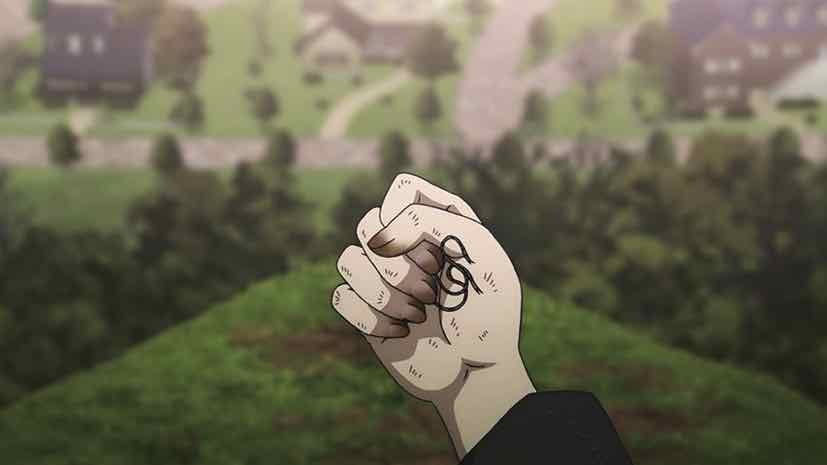 The reason for the series’ oddly Western setting is clear, at least. It’s set in Kobe’s Kita-ku, in a fictional town called “Origon Village“. Not only that but the “present” is 1990 (though some of this ep is set in 1983). Kobe has always been the most Western-influenced of Japan’s cities, with neighborhoods of European-style buildings (Kitano, where I lived for three years, being the most famous). Origon seems to be a Westernized planned town of some sort, and there are suggestions at least that there are hinky elements to it. And that it’s for the wealthy – Youko (Mom) implies that being an Origon resident is what made the adoption process move so fast.
The reason for the series’ oddly Western setting is clear, at least. It’s set in Kobe’s Kita-ku, in a fictional town called “Origon Village“. Not only that but the “present” is 1990 (though some of this ep is set in 1983). Kobe has always been the most Western-influenced of Japan’s cities, with neighborhoods of European-style buildings (Kitano, where I lived for three years, being the most famous). Origon seems to be a Westernized planned town of some sort, and there are suggestions at least that there are hinky elements to it. And that it’s for the wealthy – Youko (Mom) implies that being an Origon resident is what made the adoption process move so fast.
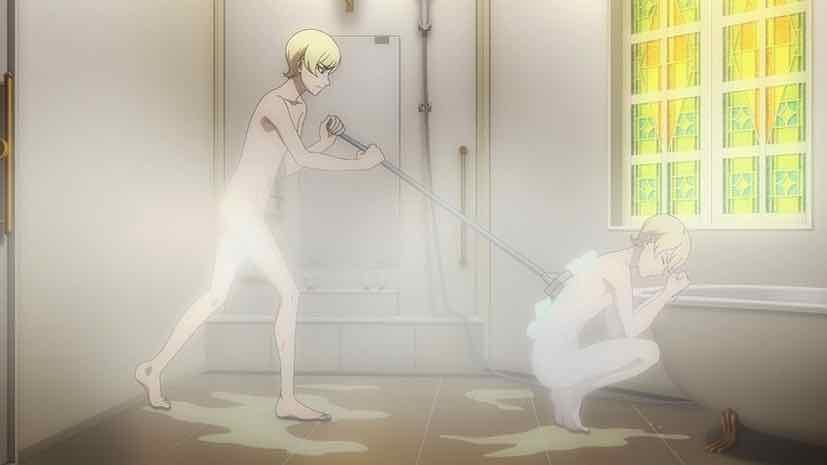 There are two halves to the mystery here, I suppose – whether Youko and Osamu (Dad) have any sinister intentions towards Migi and Dari, and whether the boys are sinister period. On the former I feel pretty confident it’s a “no” – they’re a bit of a weird pair but their joy at finally having a kid (I would say they don’t know the half of it, but that’s exactly what they do know) seems very genuine. The problem is that Migi and Dari are extremely paranoid – perhaps not entirely without cause given their upbringing, especially after the epilogue. And not only that, they know next to nothing about how the normal world operates (which is very differently than their funhouse mirror view of it).
There are two halves to the mystery here, I suppose – whether Youko and Osamu (Dad) have any sinister intentions towards Migi and Dari, and whether the boys are sinister period. On the former I feel pretty confident it’s a “no” – they’re a bit of a weird pair but their joy at finally having a kid (I would say they don’t know the half of it, but that’s exactly what they do know) seems very genuine. The problem is that Migi and Dari are extremely paranoid – perhaps not entirely without cause given their upbringing, especially after the epilogue. And not only that, they know next to nothing about how the normal world operates (which is very differently than their funhouse mirror view of it).
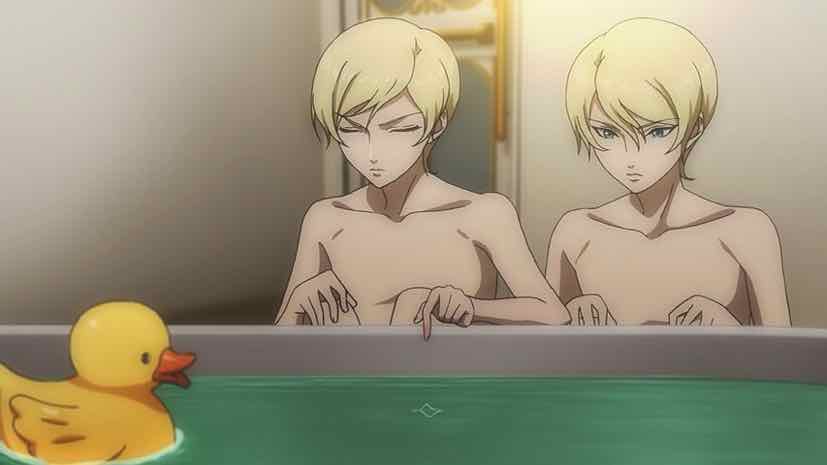 That’s part of the joke, for sure. When Mama and Papa go out and leave them with the dog (“Sardine”) – secretly buying a present for Hitori’s welcome party – the lads go on a spy mission in the house. They find things you might expect to – musty clothes, slightly naughty photos of younger days, old lady wigs. Wistful haiku about being a father. Not to mention a thong, which they mistake for a kite. But to Migi and Dari this is a narrative, of a fiendish pair of adults keeping secrets and planning to scalp Hitori for his golden locks. They concoct another ridiculous plan (their specialty) to fight back – but this involves using hot sauce, olive oil. and the sun to set Papa and Mama on fire. Which even for 12 year-olds is, you know, pretty hardcore.
That’s part of the joke, for sure. When Mama and Papa go out and leave them with the dog (“Sardine”) – secretly buying a present for Hitori’s welcome party – the lads go on a spy mission in the house. They find things you might expect to – musty clothes, slightly naughty photos of younger days, old lady wigs. Wistful haiku about being a father. Not to mention a thong, which they mistake for a kite. But to Migi and Dari this is a narrative, of a fiendish pair of adults keeping secrets and planning to scalp Hitori for his golden locks. They concoct another ridiculous plan (their specialty) to fight back – but this involves using hot sauce, olive oil. and the sun to set Papa and Mama on fire. Which even for 12 year-olds is, you know, pretty hardcore.
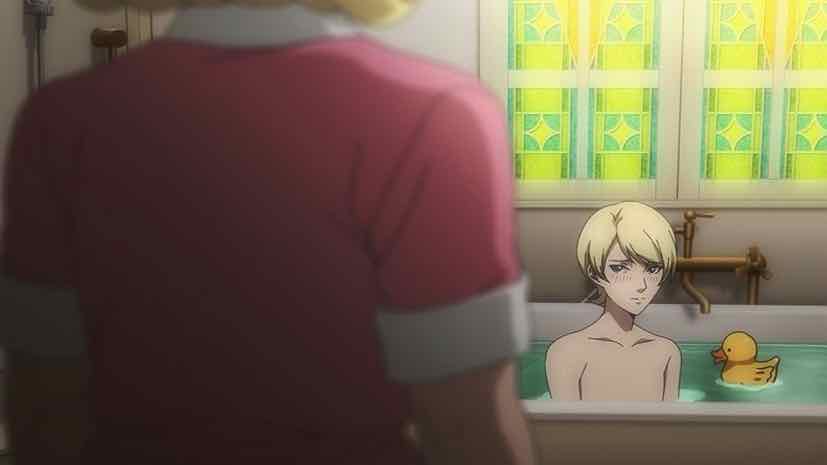 When Dali sees that the scalping machine they though they spied in the shed turns out to be a new bike, he aborts the plan – but Migi is blindfolded and can’t see his signal. The neighbors are a weird and suspicious bunch too – though I suspect just weird and suspicious in the way suburbanites usually are. Again, Migi and Dari not realizing how perverse and weird the “normal” world can be is both part of the joke and the biggest cause of tension in the plot. There’s also an interesting dynamic developing between the boys, with Dari clearly the leader among the two and the more rational, while Migi is the more emotional and tends to act on instinct.
When Dali sees that the scalping machine they though they spied in the shed turns out to be a new bike, he aborts the plan – but Migi is blindfolded and can’t see his signal. The neighbors are a weird and suspicious bunch too – though I suspect just weird and suspicious in the way suburbanites usually are. Again, Migi and Dari not realizing how perverse and weird the “normal” world can be is both part of the joke and the biggest cause of tension in the plot. There’s also an interesting dynamic developing between the boys, with Dari clearly the leader among the two and the more rational, while Migi is the more emotional and tends to act on instinct.
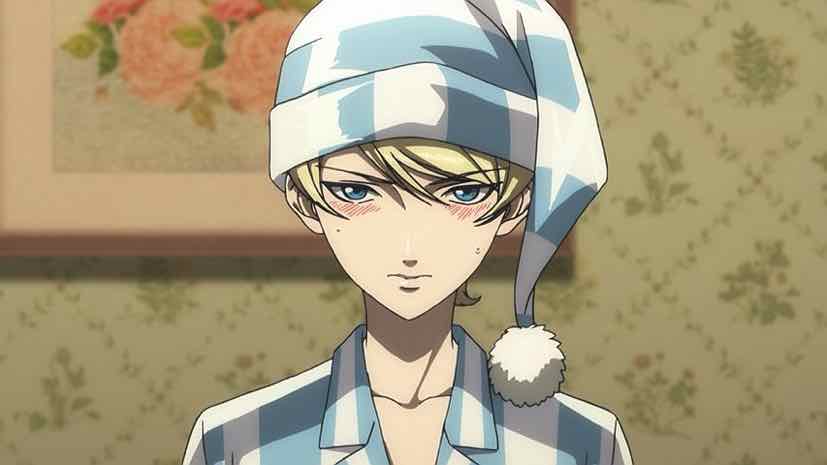 That last wrinkle certainly opens up further possibilities where this could go – and thus clouds the picture considerably. Even now Migi and Dari’s perspective is skewed, so I’m not sure I trust their memory of what happened when they were five year-olds. But it seems at least as if they were living rough in Origon Village, and that their mother died (we see a grave, anyway). They’re convinced she was murdered (I’m not), and their current life in Origon is all about finding the killer and exacting revenge. But I suspect as usual that what they perceive to be true is a skewed version of reality. Having planted this seed, the series seems obliged to grow it to fruition one way or the other.
That last wrinkle certainly opens up further possibilities where this could go – and thus clouds the picture considerably. Even now Migi and Dari’s perspective is skewed, so I’m not sure I trust their memory of what happened when they were five year-olds. But it seems at least as if they were living rough in Origon Village, and that their mother died (we see a grave, anyway). They’re convinced she was murdered (I’m not), and their current life in Origon is all about finding the killer and exacting revenge. But I suspect as usual that what they perceive to be true is a skewed version of reality. Having planted this seed, the series seems obliged to grow it to fruition one way or the other.


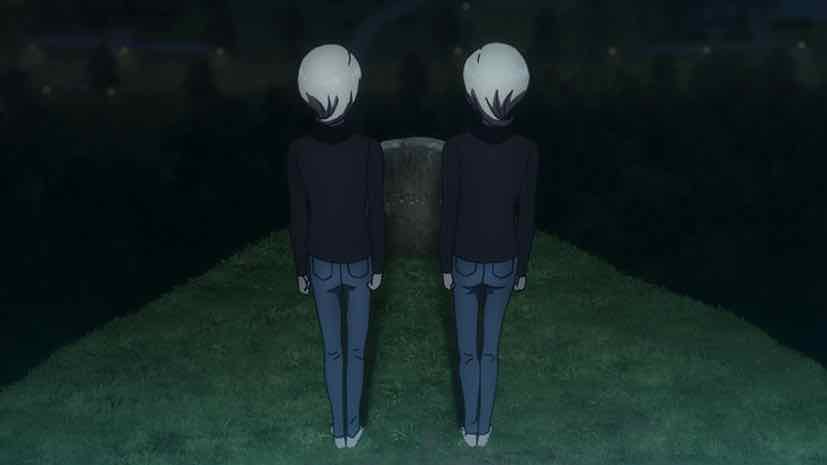
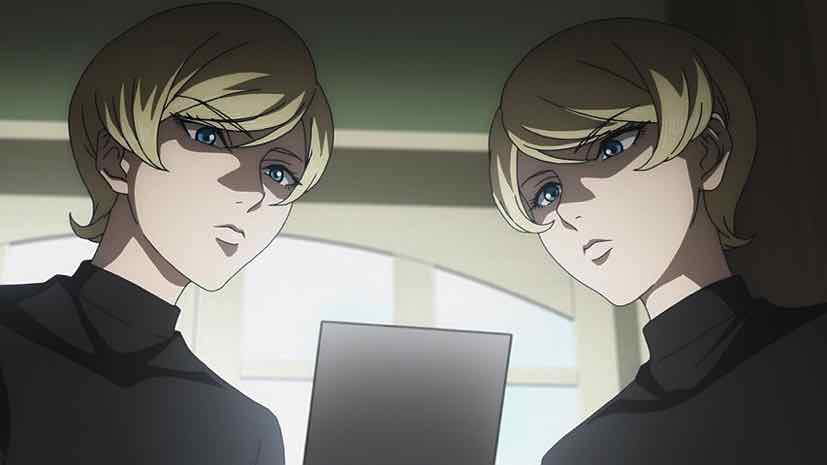
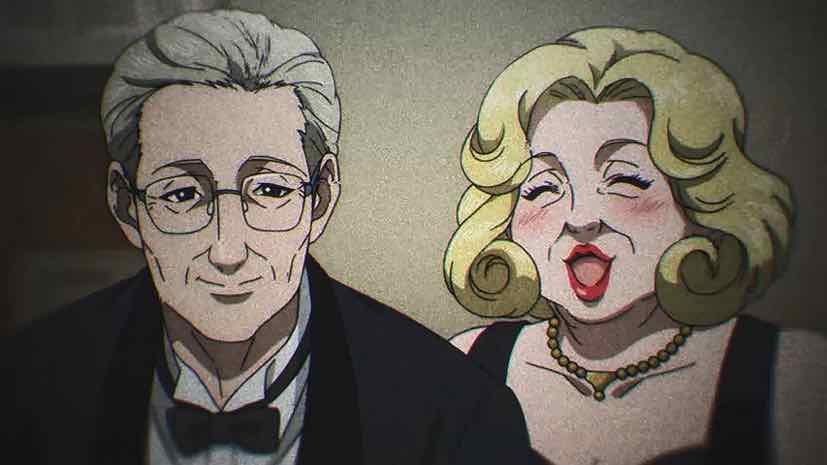
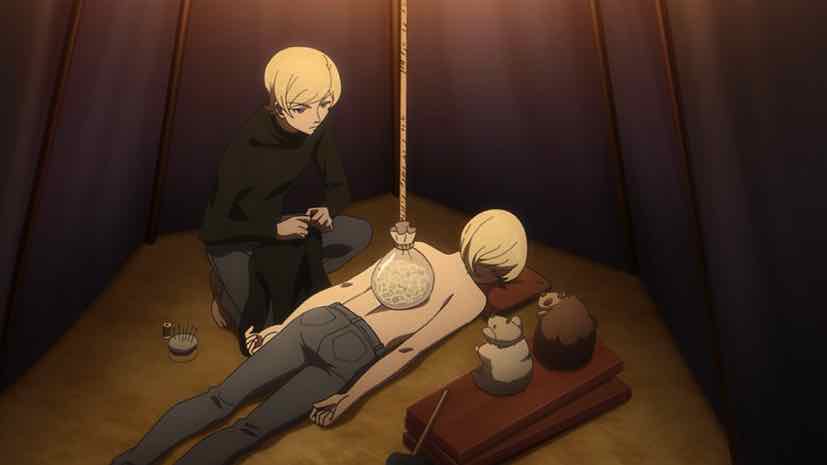
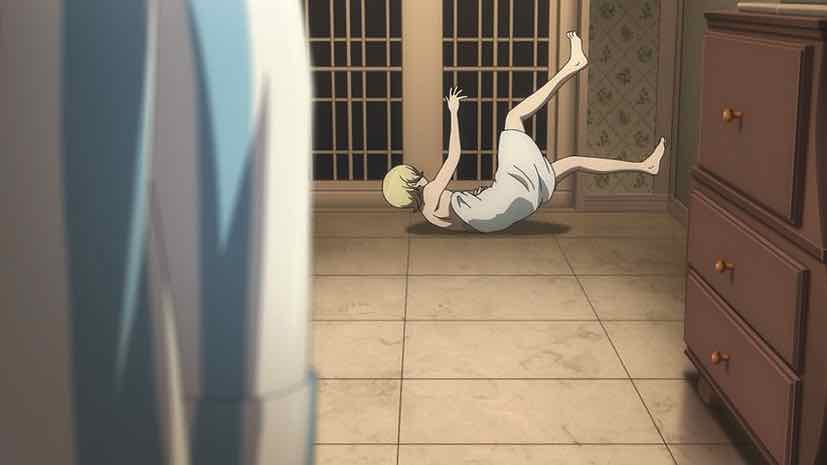
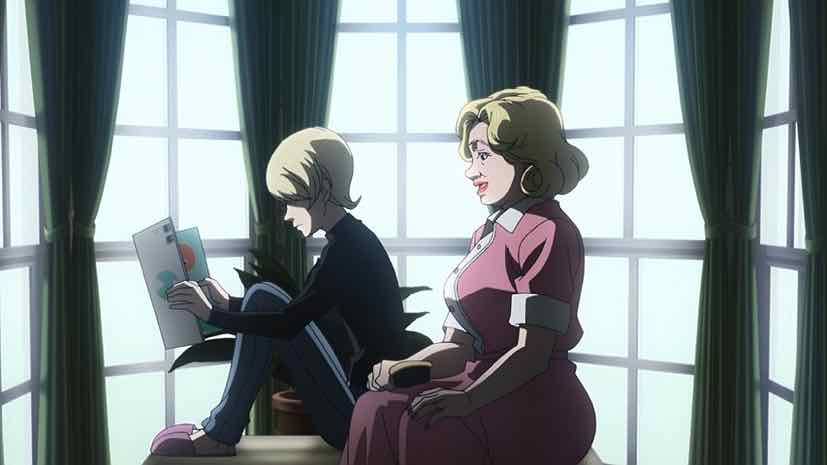
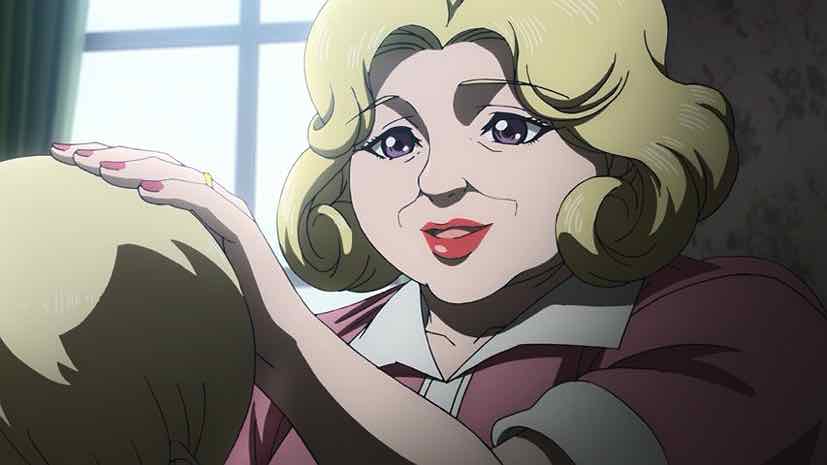
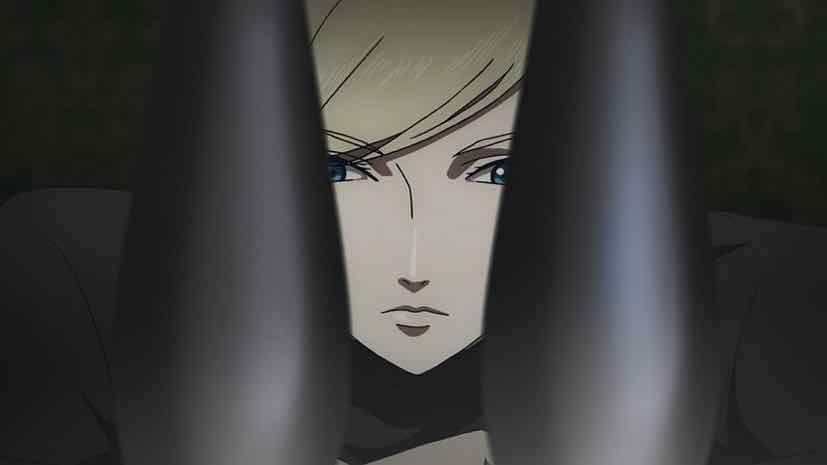
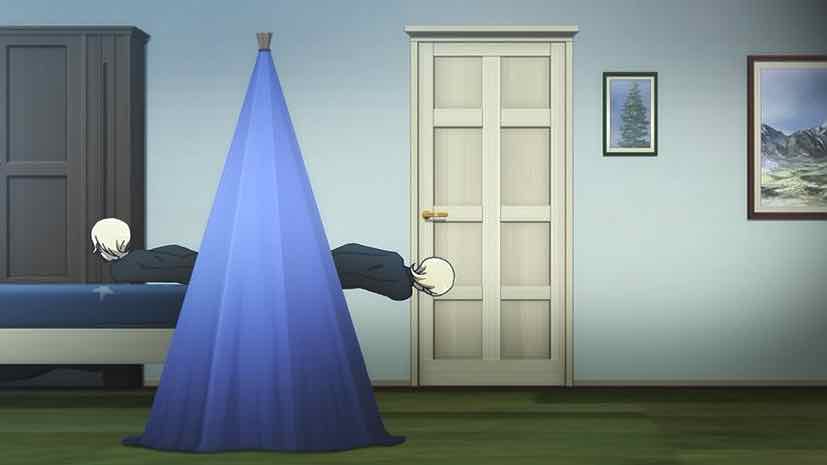
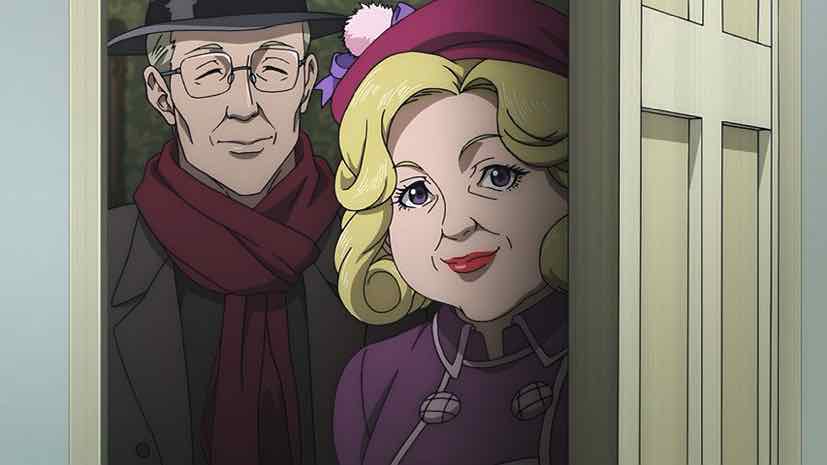
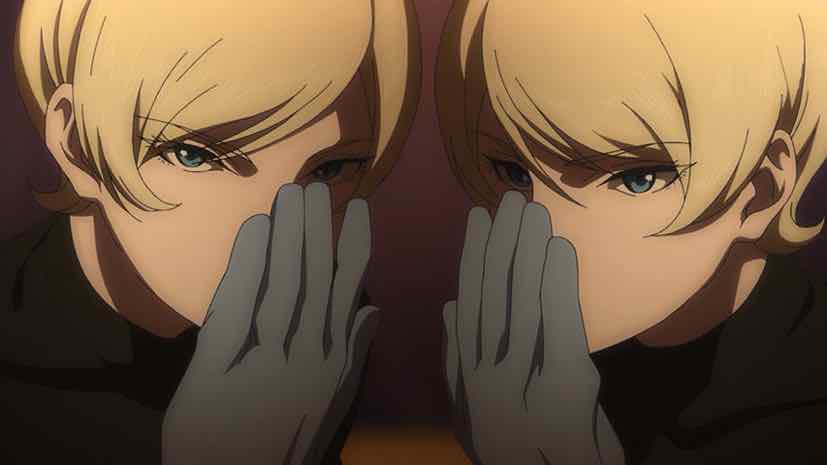
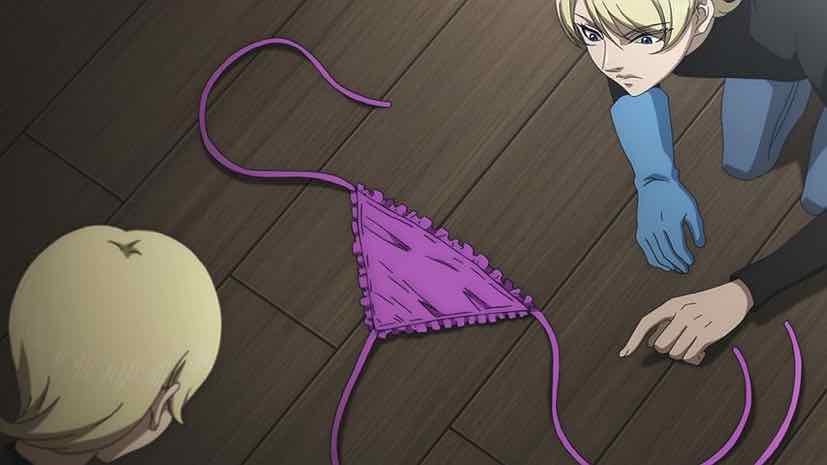
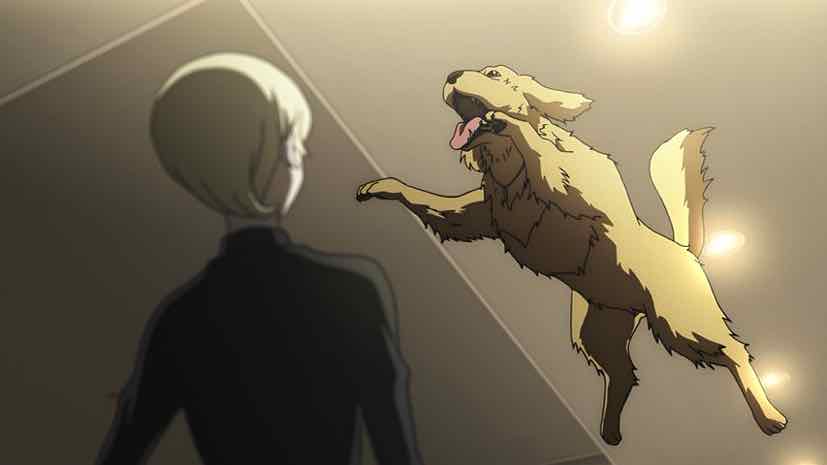
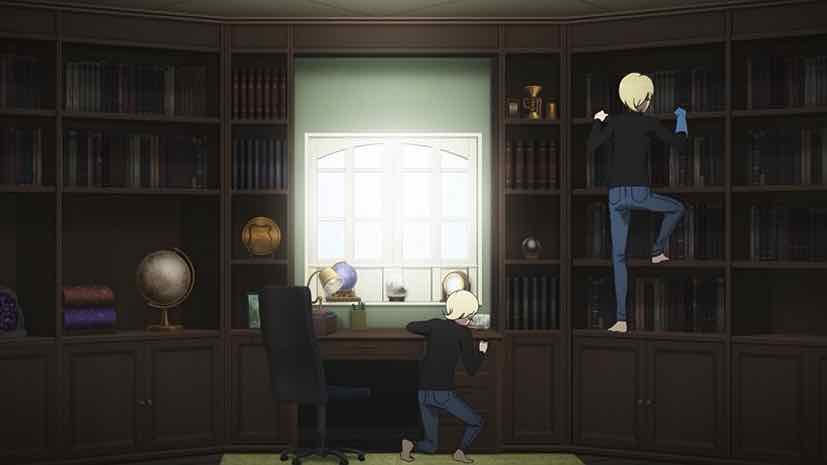
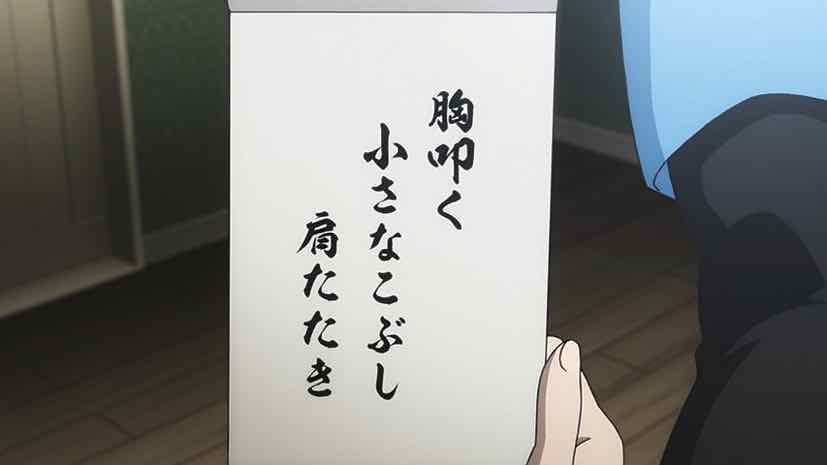
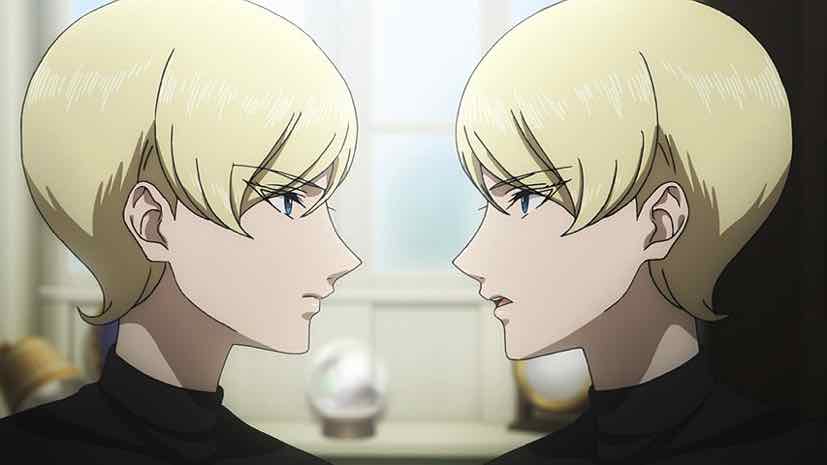
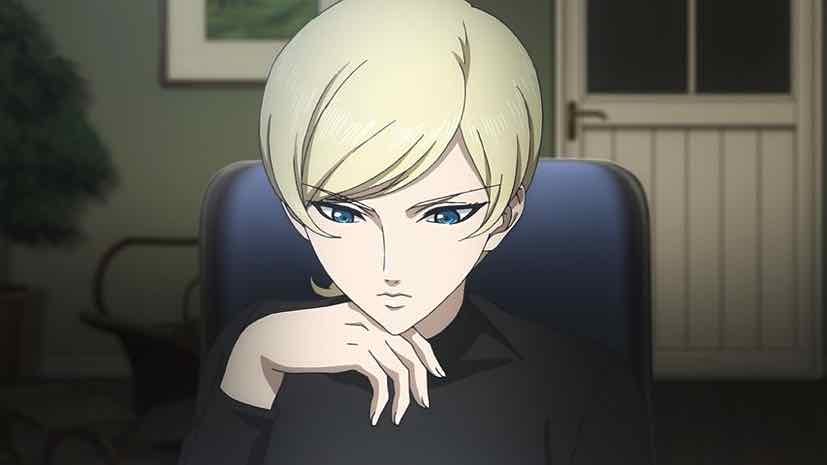
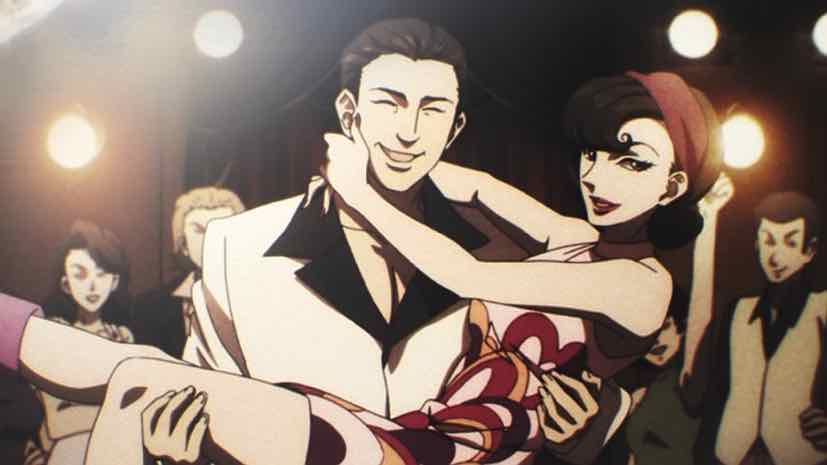
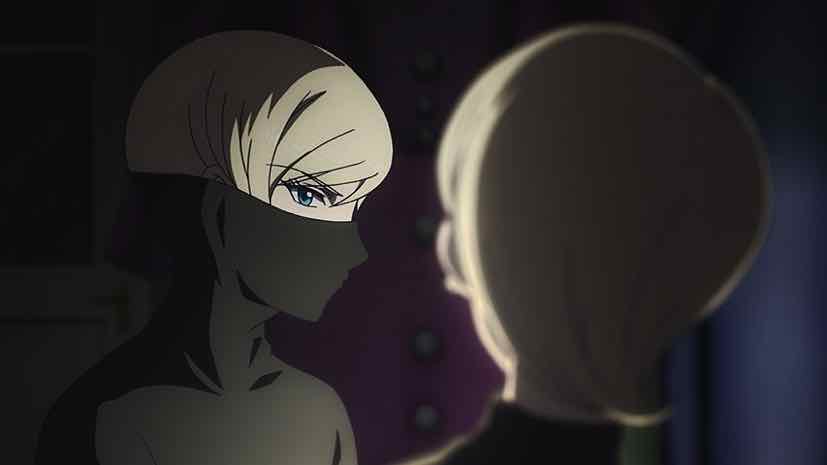
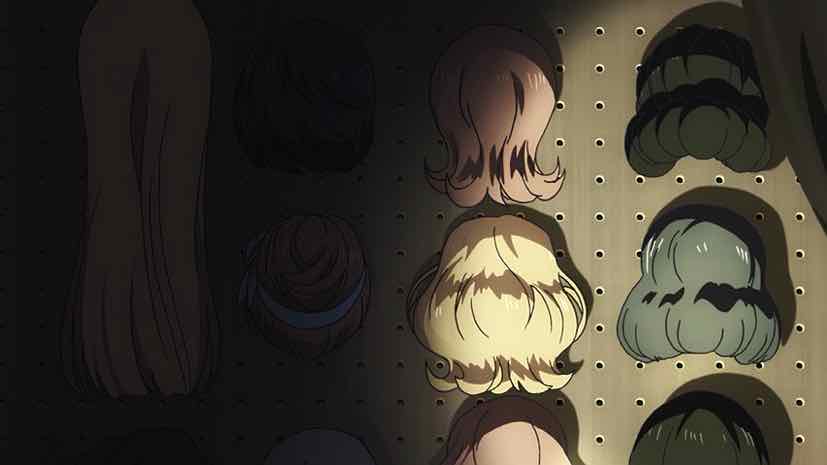
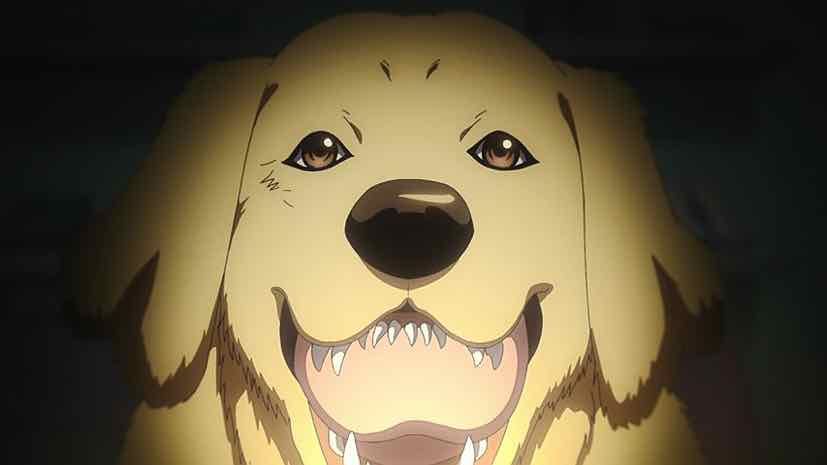
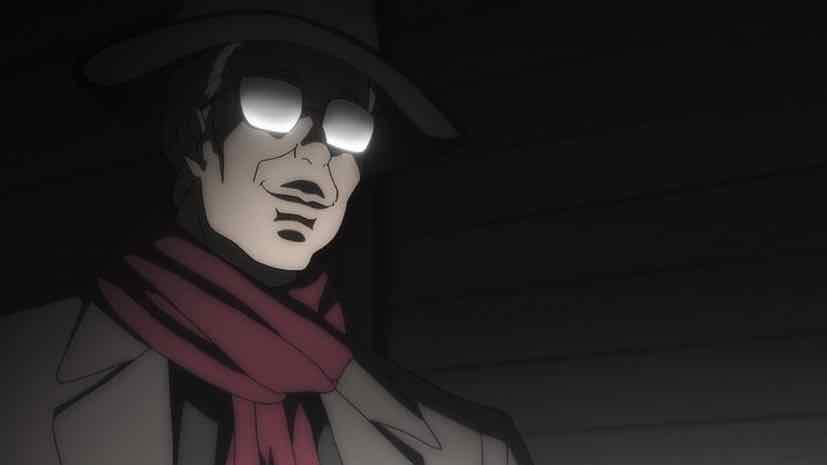
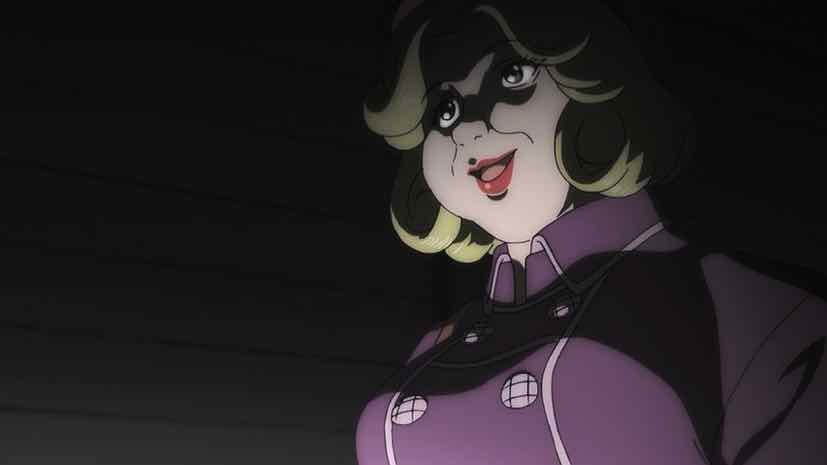
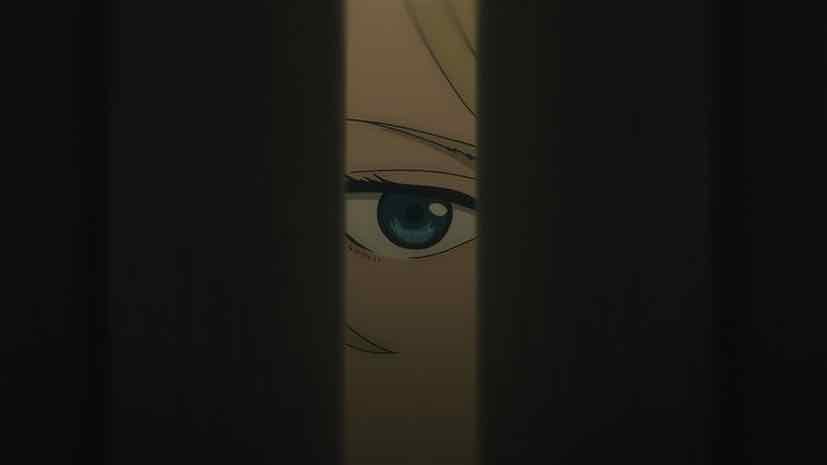
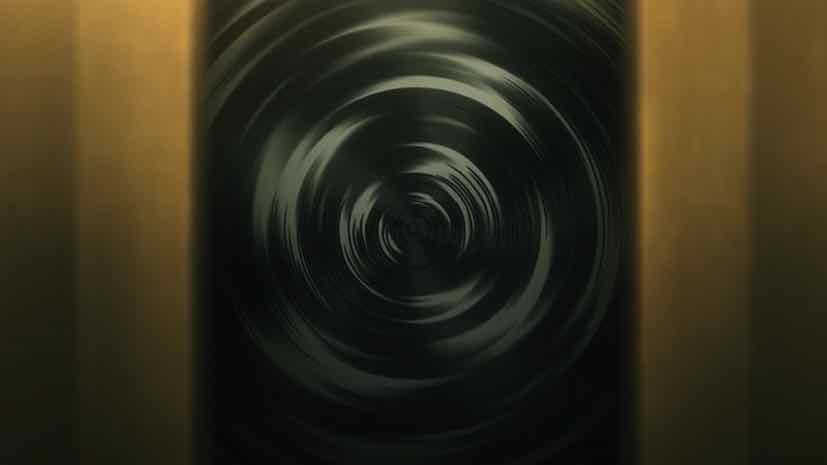
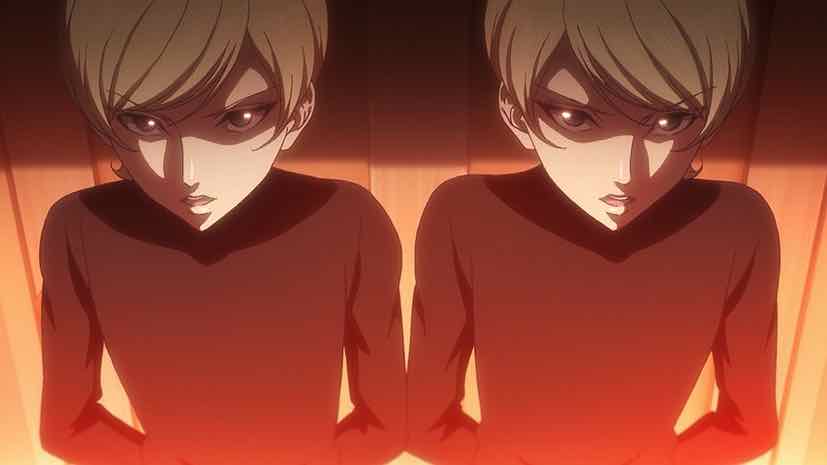
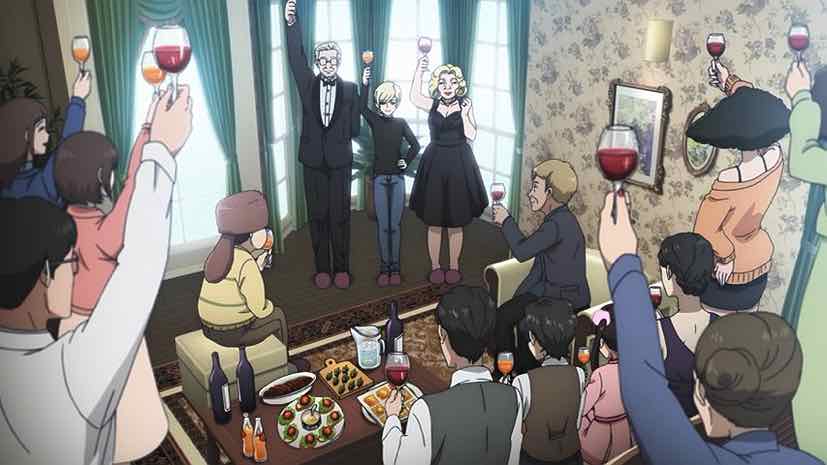
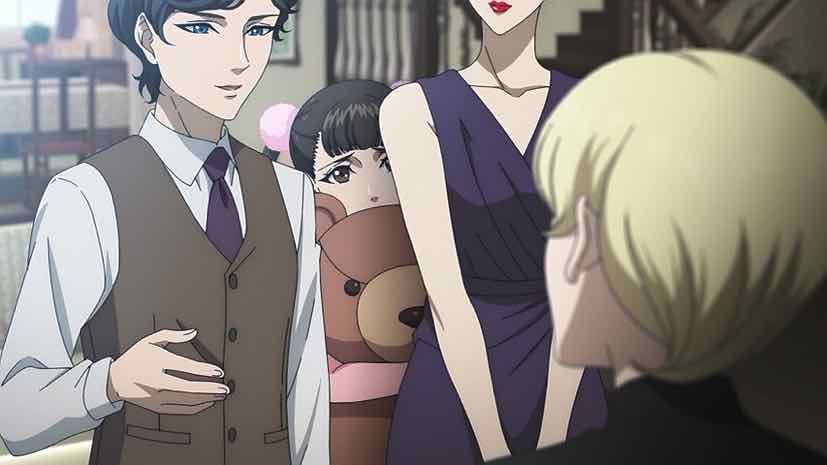
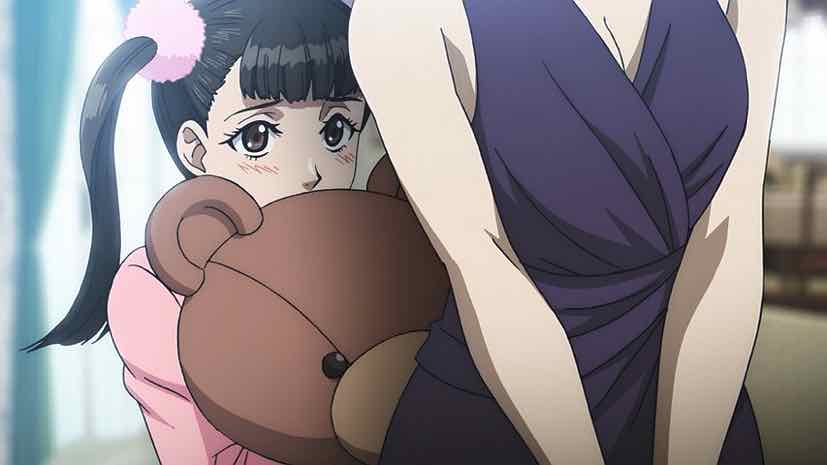
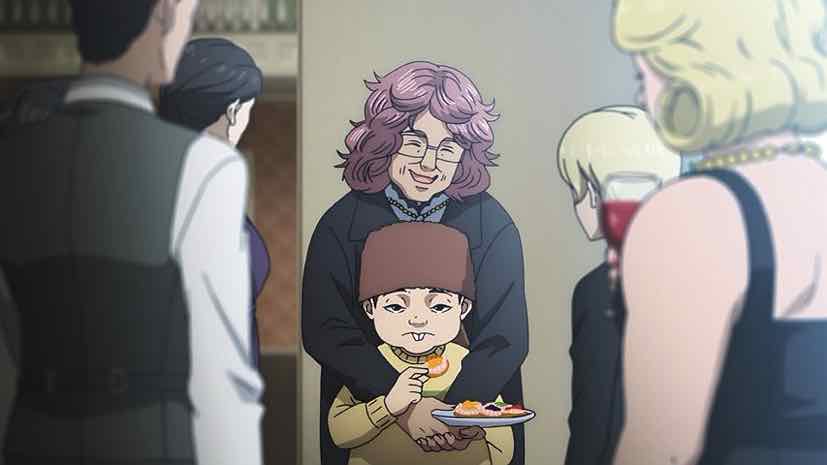
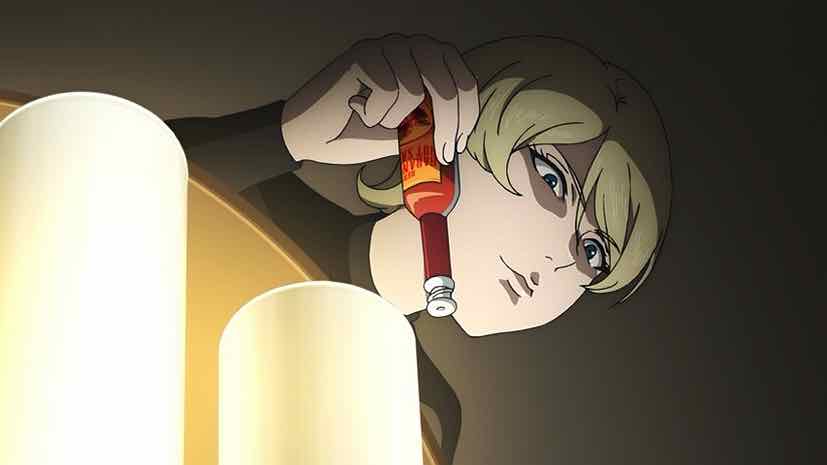
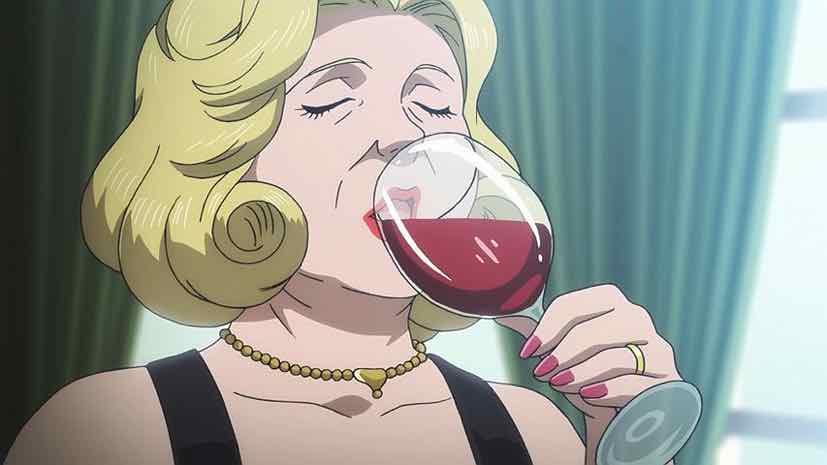
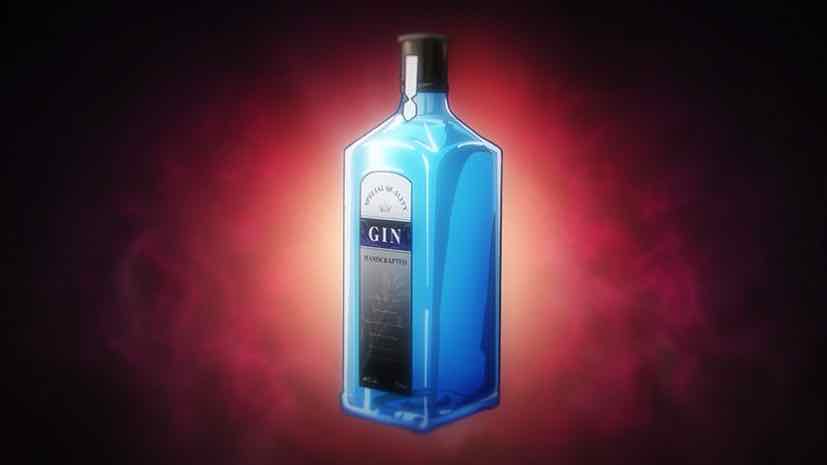
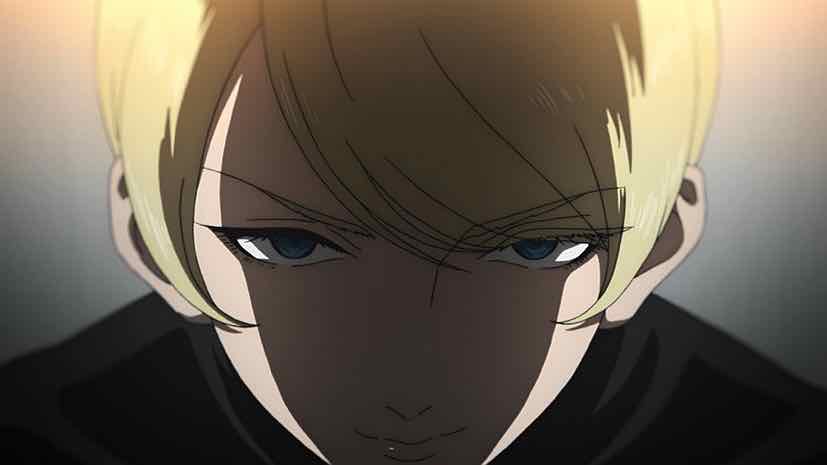
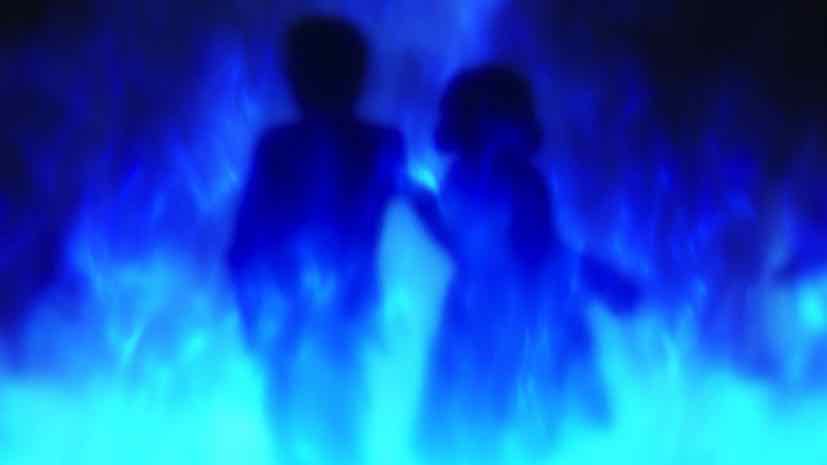
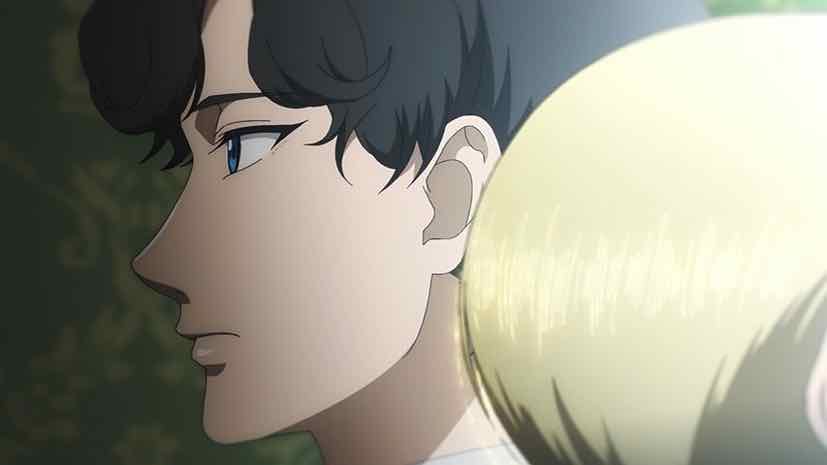
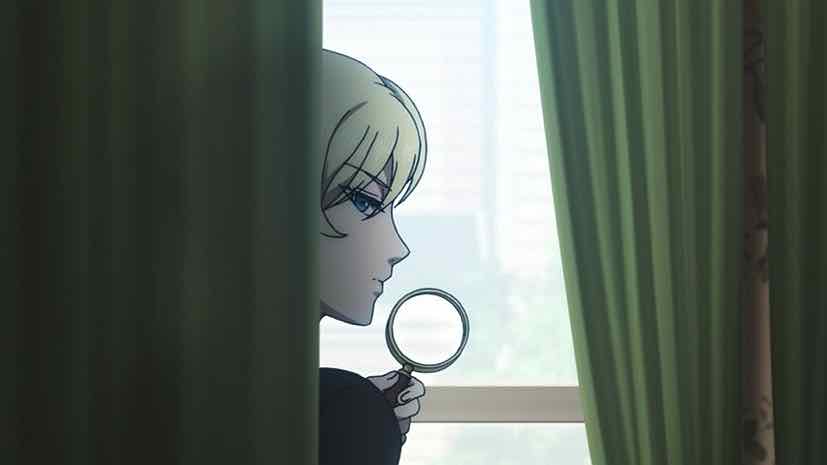
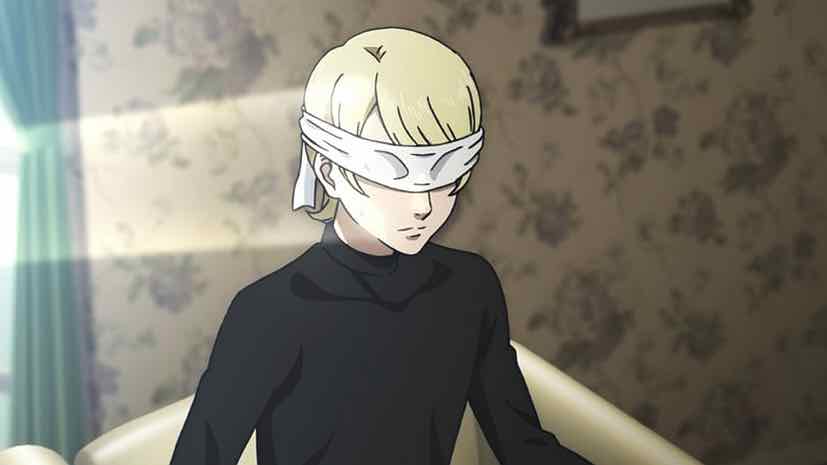
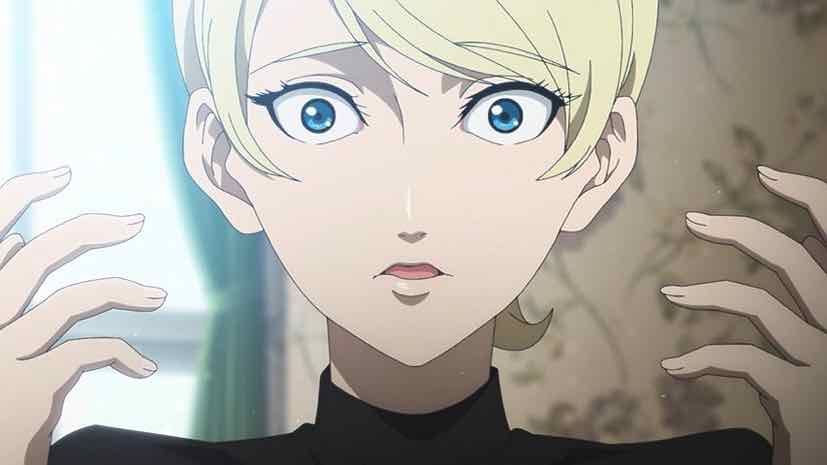
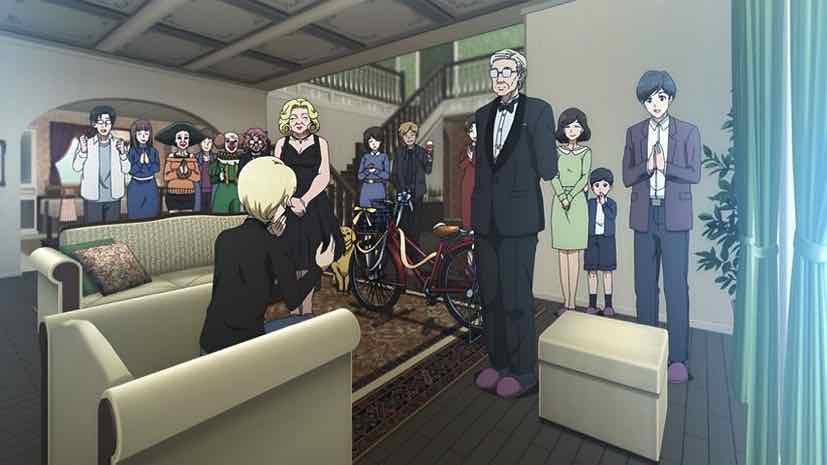
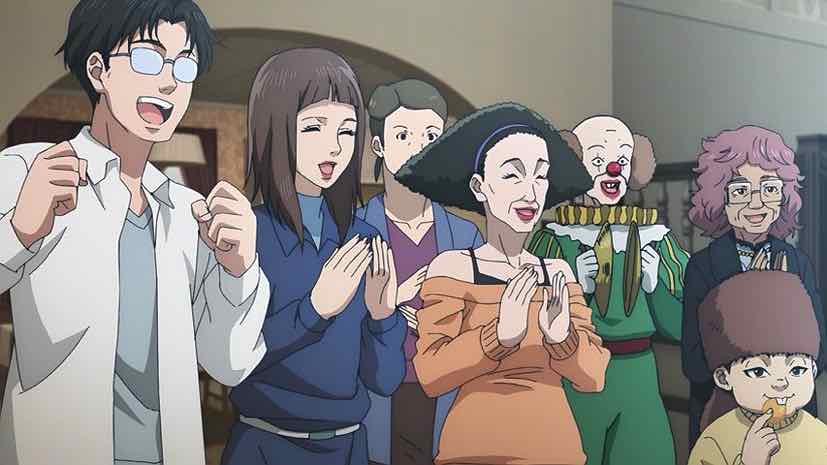
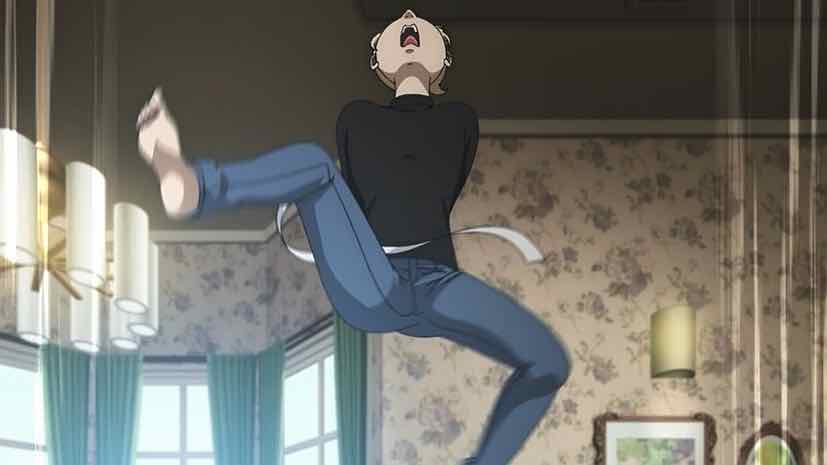
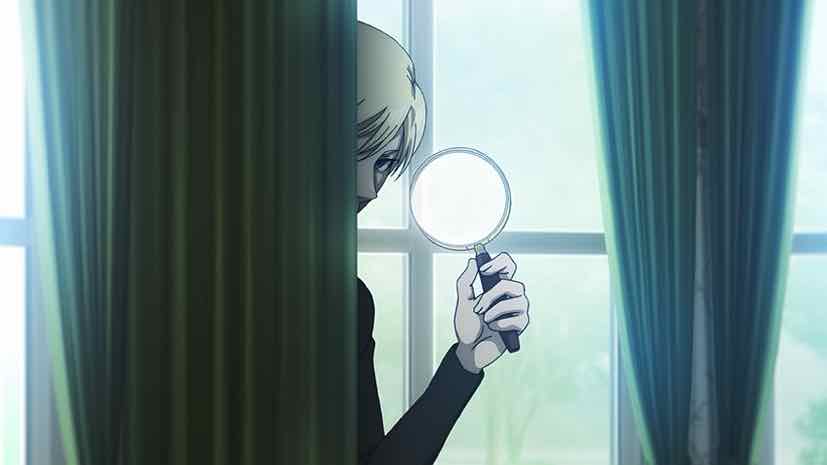
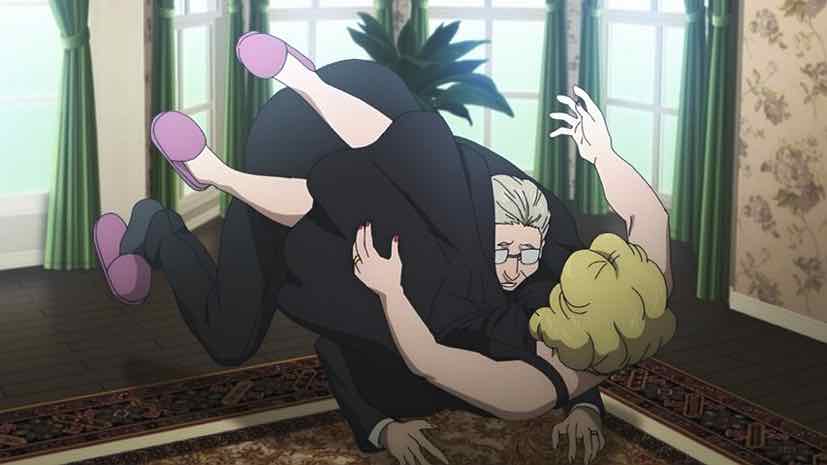
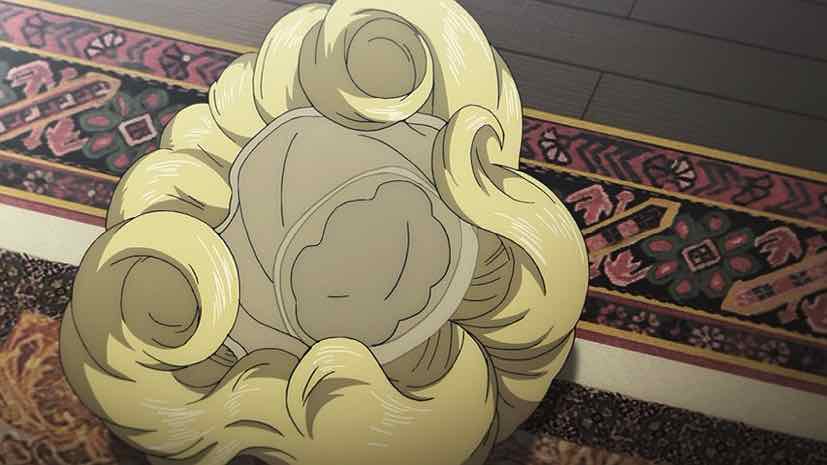
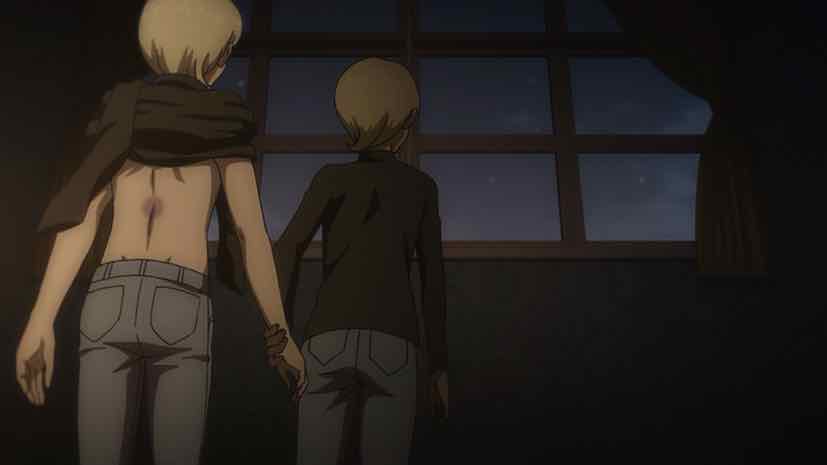
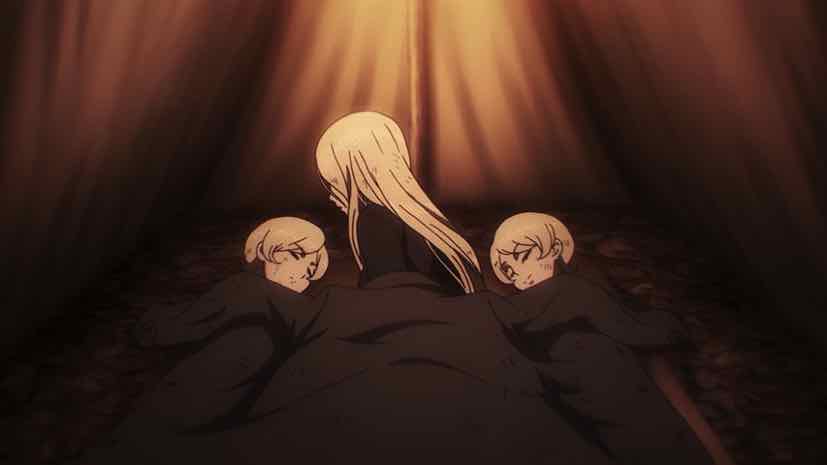
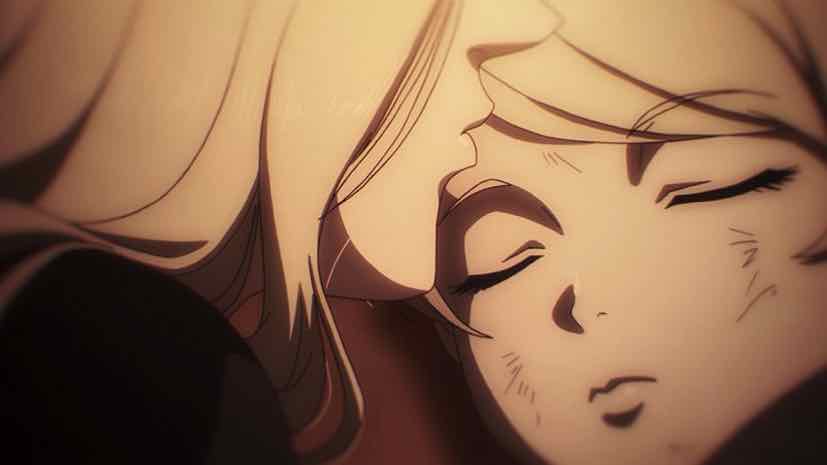
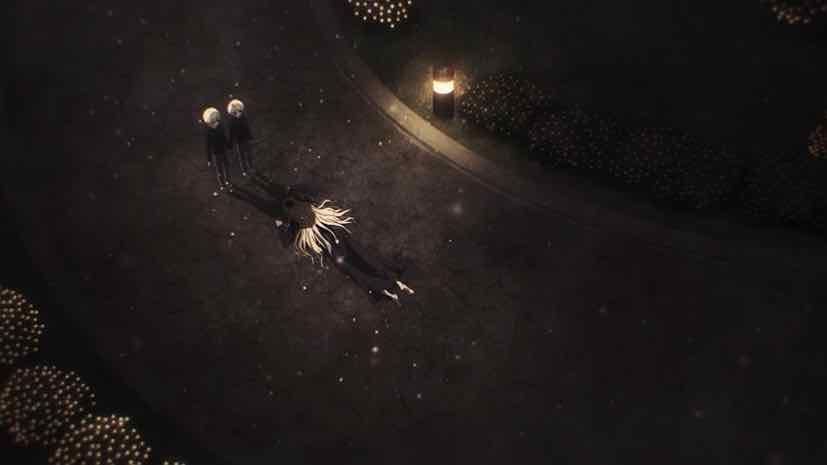
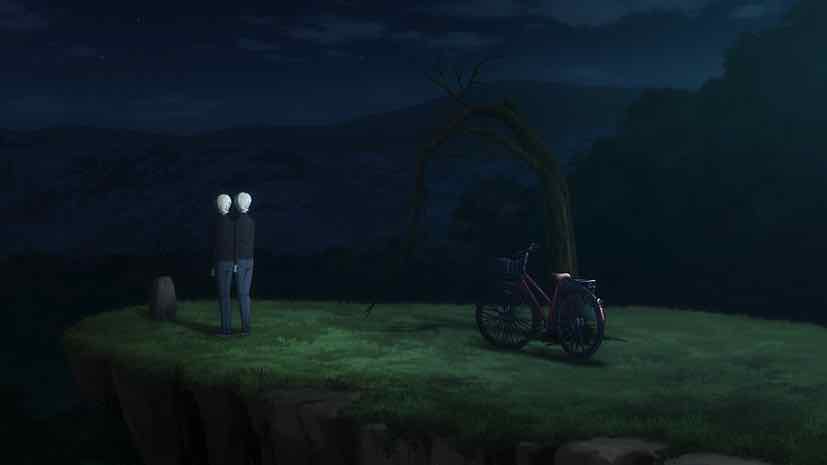
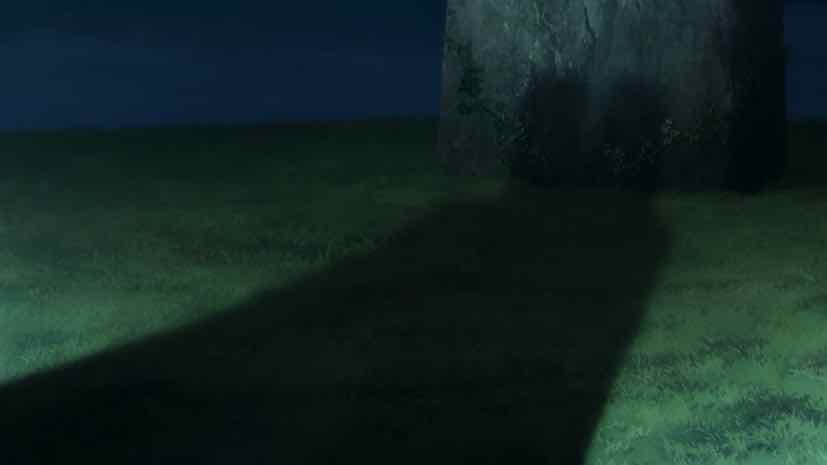
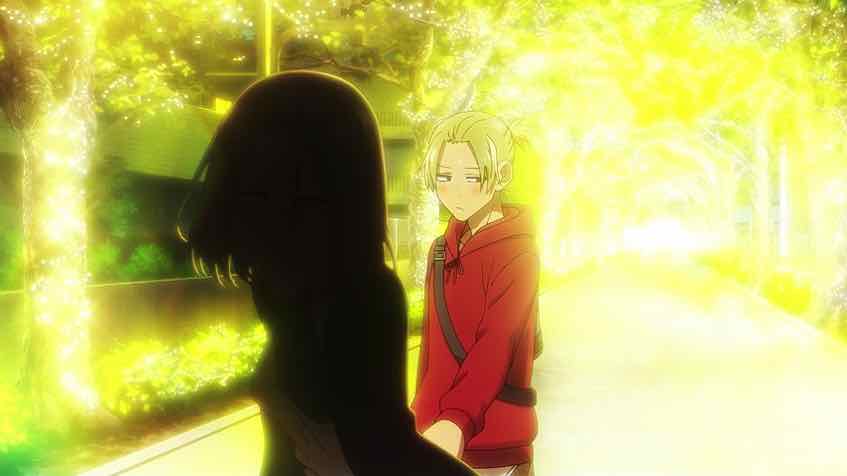
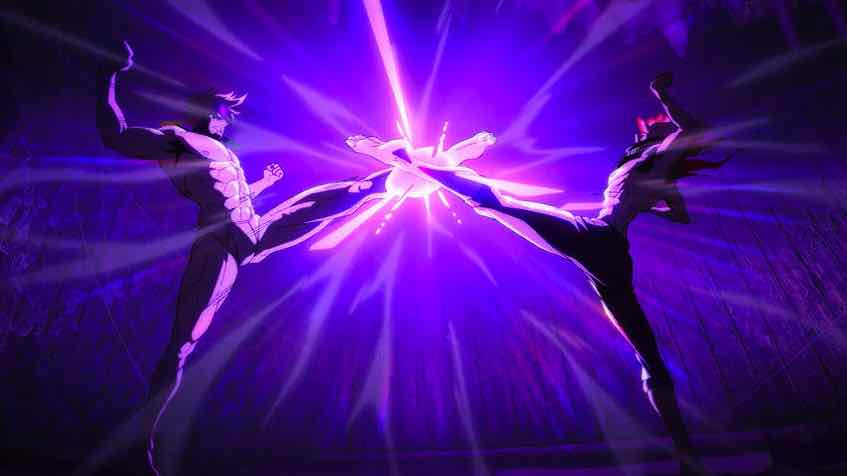
Ronbb
October 11, 2023 at 4:13 amI think this show does it well by mixing comedy with horror together — the thong sequence made me giggle a bit. It can be formulaic at times, but pacing and atmosphere make it entertaining. I do find it a little sad for the twins though. Losing their mom at a young age and being isolated from normalcy (and perhaps happiness) are quite sad. Perhaps as the show progresses, they will grow and experience family love.
Guardian Enzo
October 11, 2023 at 6:54 amAgain, very hard to get a read on that. Sakamoto Desu ga did show a certain earnestness at times (including at the end) so I don’t think it’s off the table. And the parents seem genuine FWIW.
Nicc
October 11, 2023 at 7:45 amThe two boys are still getting acclimated to family life and we get some background for the boys themselves and how they got here. As you said, the boys believe that their mother was murdered in this “Origon Village” years ago and have been planning all this time to return and to perhaps solve the mystery. The supposed murder happened in 1983 and the present day is 1990. Thanks for the explanation for the Westernized setting. Besides the language and the naming, it really doesn’t seem like it takes place in Japan at all.
This episode seemed to want us thinking that their adoptive parents are up to something sinister and the boys try to find out themselves. Oh yeah, and it seems that the family dog, Sardine (Who names their non-aquatic pet Sardine?), has no problems that there’s two of them. Oh well, it’s not like he’s going blab about it and, hey, that means another human to play with. What is the sinister secret with the wigs, haiku, that piece of cloth with the strings and the clandestine meeting in the shed? It turns out there isn’t, but the boys think that their hair is being threatened.
We also get to meet their neighbors for the first time, which you’re right that they seem like another odd bunch. A clown was also invited to the party for some reason. The plan is set it motion to escape the scalping, except it all goes wrong and it’s just a bicycle instead. Migi gets a nasty burn for the trouble. Later, the boys head out on their new bicycle (No “futari-nori” disclaimer?) to a makeshift grave of their mom. Right, I’m not sure how reliable their memories are either as five year-olds. In any case, it looks like that may be the overarching plot and I’m curious to see where that goes.